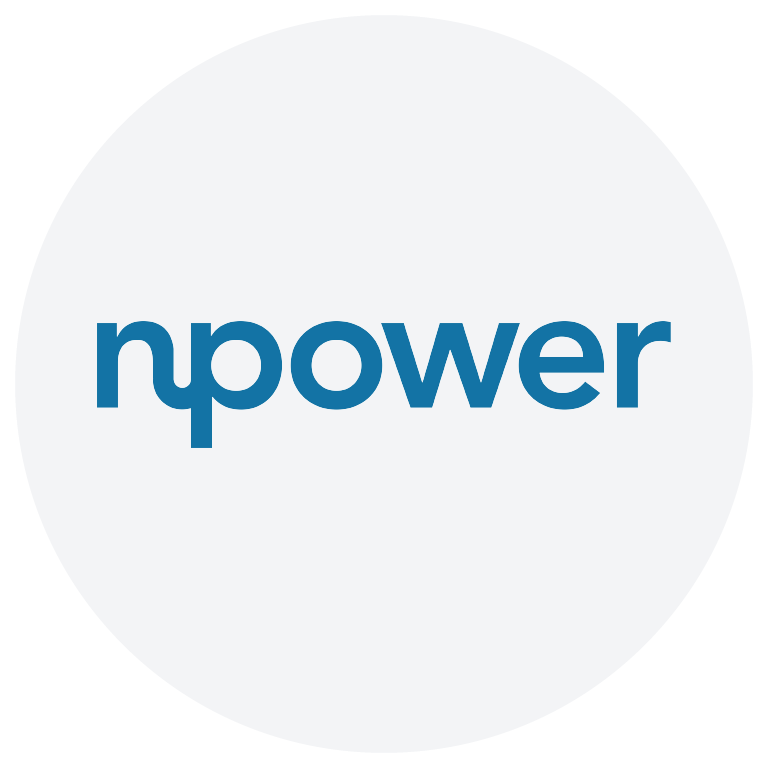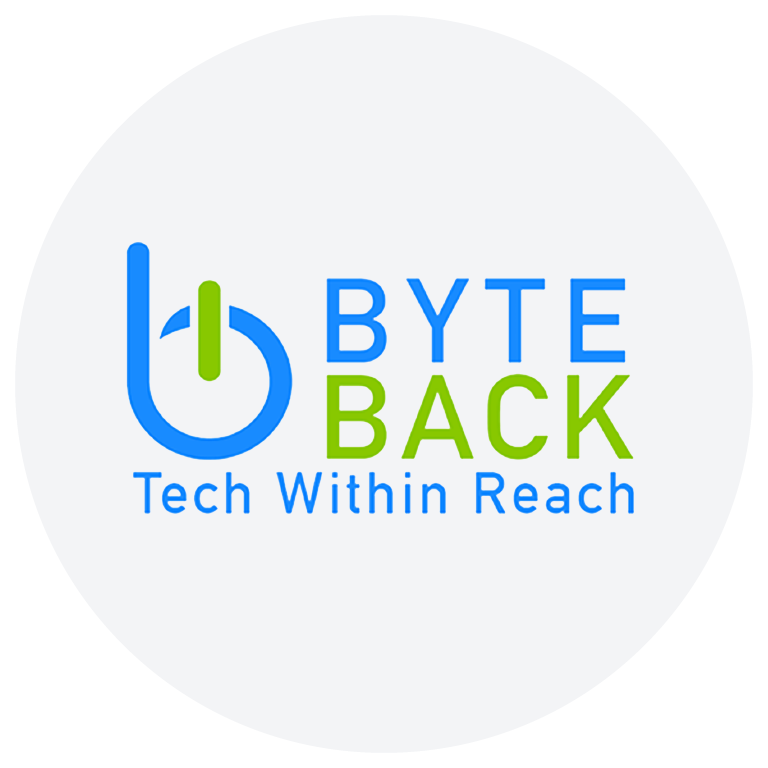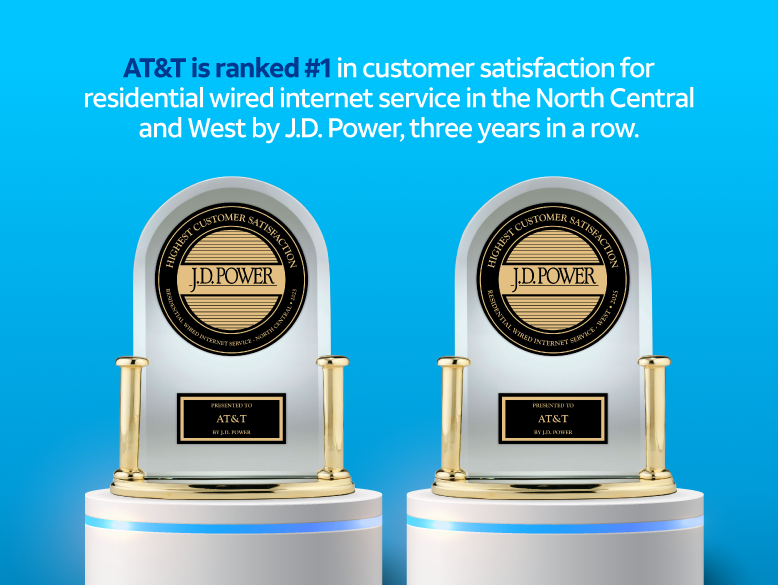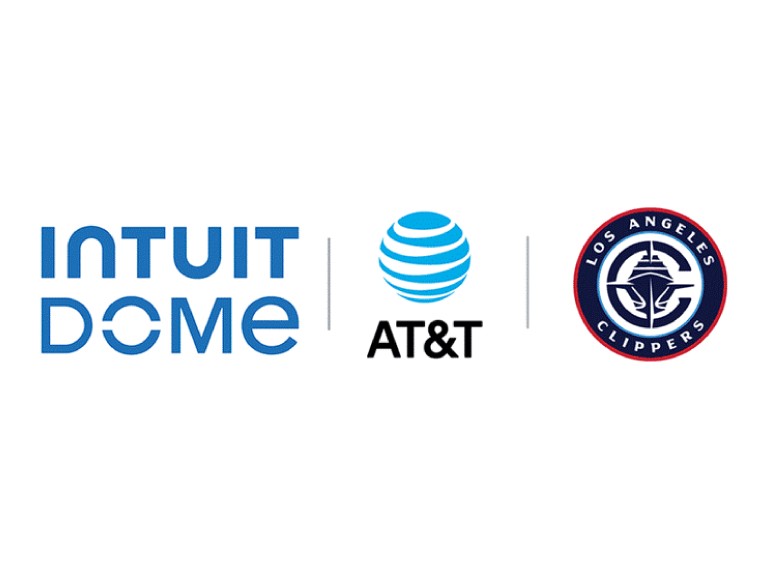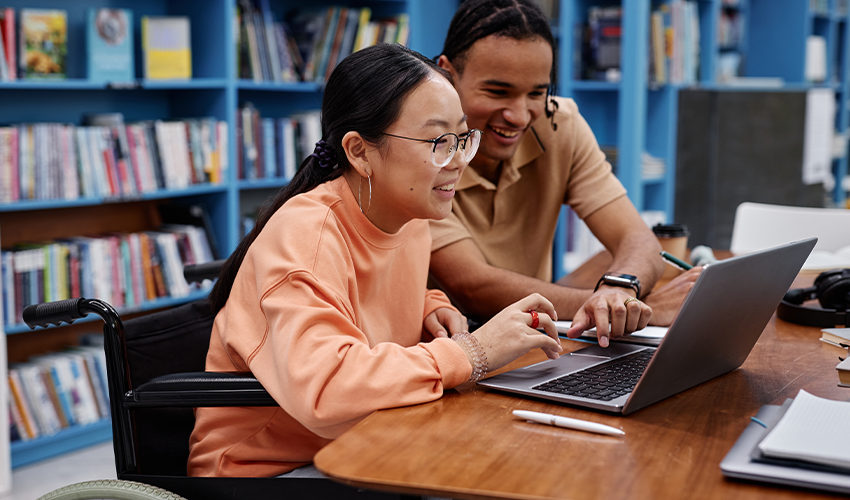
Key Takeaways
- Millions of Americans don’t have the tools they need to make the most of the internet.
- Digital Navigators can help people get online by teaching them how to sign up for internet, use computers, improve digital skills and connect to valuable resources and services.
- AT&T is joining community experts in launching Digital Navigator programs in key markets.
- Because of this local support, more people will be able to use the internet safely and successfully.
Every day, we use technology to make our lives easier. Yet millions of Americans still don’t have what they need to learn, work, or access information online – a problem called the digital divide. That’s why we need support from community-based experts, or Digital Navigators, to help people get connected.
Digital Navigators are trusted guides trained to educate their communities. With one-on-one support, Navigators can help people:
- Gain access to learn and use devices
- Learn skills like email, web and search basics
- Find job and educational opportunities
- Sign up for low-cost internet services, like the Affordable Connectivity Program (ACP)
- Improve overall digital knowledge to accomplish their personal goals
What makes this so important?
Consider this: 35% of U.S. workers lack digital skills – making it harder for them to engage in our modern world. Yet, less than 10% of adults without these skills get the right training.
As part of our 3-year $2 billion commitment made in 2021 to help close the digital divide we are expanding our network, offering more affordable services, and providing the digital literacy tools needed. We’ve made progress through distributing more than 82,000 computers and WiFi hotspots nationwide and engaging more than 350,000 people with our digital literacy tools and resources. But the numbers show that many still need help.
We’re joining community organizations to address the challenge. By launching Digital Navigator programs, AT&T is bringing digital training and tools to neighborhoods in need.
Community-Based Support for Those Who Need It Most
In underserved communities, connectivity challenges are even more common. In fact, In a 2020 survey, 70% of Black and 60% of Hispanic participants said they felt underprepared for jobs that require digital skills.
Also, unconnected families often prefer to get support from community members they know and trust to help them get online. That’s where Digital Navigators come into play.
Through one-on-one assistance, Navigators can address concerns head-on. Many Navigators live in the neighborhoods they support, so they understand the unique problems residents face. They also know how to build relationships or already have relationships in their communities. And as a result, they bring relevant, realistic solutions to the table. Because of this local and personal approach, we can reach more communities, connect more homes, and show more people the value of broadband.
Doing our Part to Help Bridge the Digital Divide
Everyone deserves internet access – it’s on us to help make that a reality. But we can’t do it alone.
That’s why we’re teaming up with three trusted non-profits to launch Digital Navigator programs. Each organization takes a different approach to meeting their neighborhood’s needs:
All three programs will train Navigators to help get people online. In turn, Navigators will show residents the value of being online. More to come as each individual program launches later in the coming months.
Connecting communities is what we do. By working together with local experts, we’re helping people become a part of and engage in our digital world, bringing us one step closer to helping close the digital divide.
Read more Digital Divide news
